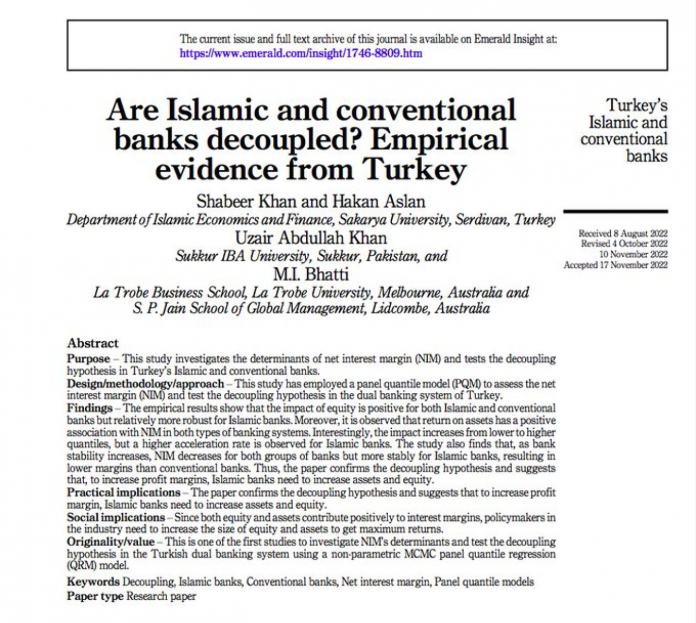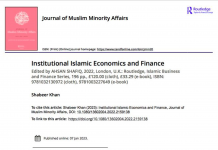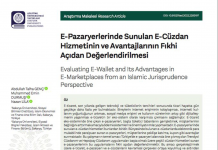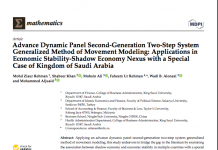Erişim Linki: https://www.emerald.com/insight/content/doi/10.1108/IJOEM-08-2022-1233/full/html
Abstract
Purpose – This study investigates the determinants of net interest margin (NIM) and tests the decouplinghypothesis in Turkey’s Islamic and conventional banks.
Design/methodology/approach – This study has employed a panel quantile model (PQM) to assess the netinterest margin (NIM) and test the decoupling hypothesis in the dual banking system of Turkey.
Findings – The empirical results show that the impact of equity is positive for both Islamic and conventionalbanks but relatively more robust for Islamic banks. Moreover, it is observed that return on assets has a positiveassociation with NIM in both types of banking systems. Interestingly, the impact increases from lower to higherquantiles, but a higher acceleration rate is observed for Islamic banks. The study also finds that, as bankstability increases, NIM decreases for both groups of banks but more stably for Islamic banks, resulting inlower margins than conventional banks. Thus, the paper confirms the decoupling hypothesis and suggeststhat, to increase profit margins, Islamic banks need to increase assets and equity.
Practical implications – The paper confirms the decoupling hypothesis and suggests that to increase profitmargin, Islamic banks need to increase assets and equity.Social implications – Since both equity and assets contribute positively to interest margins, policymakers inthe industry need to increase the size of equity and assets to get maximum returns.
Originality/value – This is one of the first studies to investigate NIM’s determinants and test the decouplinghypothesis in the Turkish dual banking system using a non-parametric MCMC panel quantile regression(QRM) model.
Keywords Decoupling, Islamic banks, Conventional banks, Net interest margin, Panel quantile models
Khan, S., Aslan, H., Khan, U.A. and Bhatti, M.I. (2022), “Are Islamic and conventional banks decoupled? Empirical evidence from Turkey”, International Journal of Emerging Markets, https://doi.org/10.1108/IJOEM-08-2022-1233








